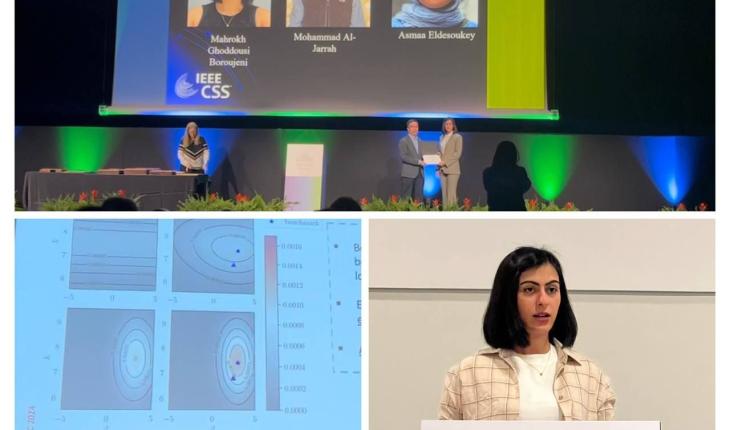Andreas Krause

Prof. Dr.
Andreas Krause
PI
I’m excited about interdisciplinary research connecting machine learning and control theory and opportunities for impact in major application domains.
Andreas Krause is a Professor of Computer Science at ETH Zurich, where he leads the Learning & Adaptive Systems Group in the Institute for Machine Learning at ETH. He also serves as Academic Co-Director of the Swiss Data Science Center and Chair of the ETH AI Center. He received his Ph.D. in Computer Science from Carnegie Mellon University (2008) and his Diplom in Computer Science and Mathematics from the Technical University of Munich, Germany (2004).



















